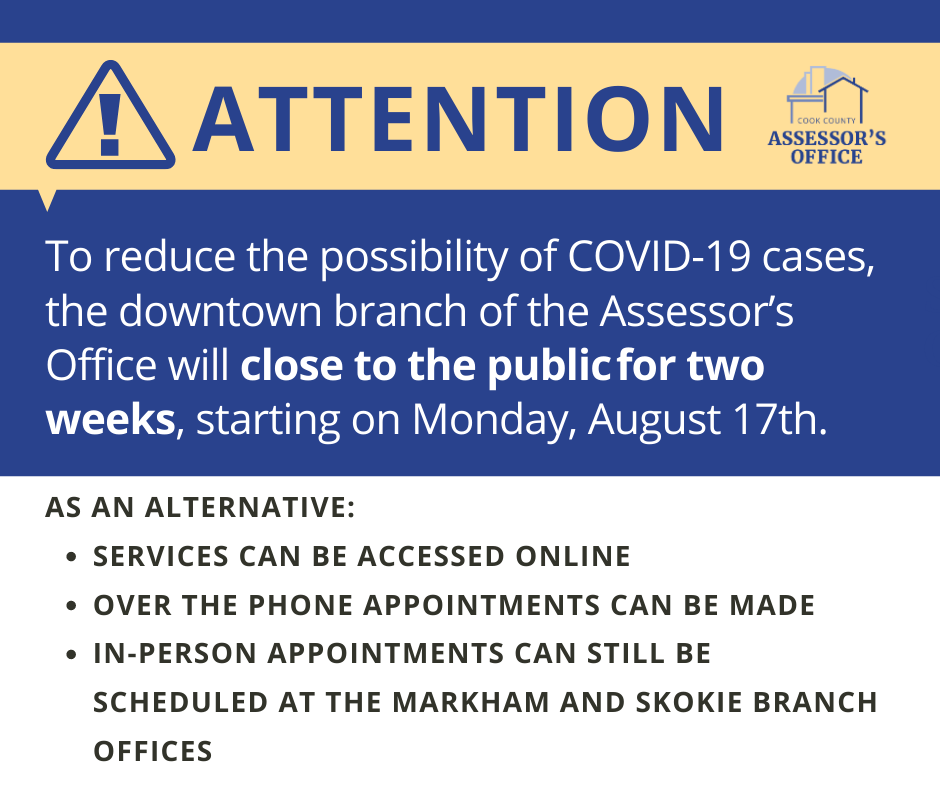Hunter announces new government contracting support centers coming to the Southside
- Details
- Category: News
 CHICAGO – The Illinois Department of Commerce and Economic Opportunity announced Monday the opening of two new Procurement Technical Assistance Centers, which play a critical role in providing businesses with support needed to enter the world of government contracting. State Senator Mattie Hunter (D-Chicago) is celebrating the opportunities the centers will bring to the Southside.
CHICAGO – The Illinois Department of Commerce and Economic Opportunity announced Monday the opening of two new Procurement Technical Assistance Centers, which play a critical role in providing businesses with support needed to enter the world of government contracting. State Senator Mattie Hunter (D-Chicago) is celebrating the opportunities the centers will bring to the Southside.
“The world of government contracting can be difficult to break into, especially for minority business owners,” Hunter said. “The implementation of these new procurement centers will play a crucial part in equipping businesses with the support necessary to tap into this market."
Hunter: Mercy Hospital is necessary to our community’s wellness, and needs to remain a hospital
- Details
- Category: News

CHICAGO – Mercy Hospital announced plans to close by May 2021 last month, and State Senator Mattie Hunter (D-Chicago) is advocating against it, saying Mercy should remain open.
“This decision could devastate our community, which is already struggling in the middle of this global pandemic,” Hunter said. “Mercy owners requested hundreds of millions of dollars just to close it down, and turn it into a clinic. But we don’t need a clinic, we need a hospital, which has the resources necessary to save lives in times of urgency and in times of severe illness.”
Downtown Branch of Cook County Assessor's Office Temporarily Closed
- Details
- Category: Constituent Services
To reduce the possibility of COVID-19 cases, the downtown branch of the Cook County Assessor’s Office is closed to the public for two weeks beginning on Monday, August 17, 2020.
Services are still accessible online. Additionally, over the phone appointments can be scheduled and in-person appointments are still available at the Markham and Skokie branch offices. Regular contact by email, phone and social media is also available. Thank you for your patience and understanding during this time.

7th Annual South Side Pitch
- Details
- Category: Constituent Services

Calling all South Side business owners! Are you interested in a chance to win prizes up to $8,000? Has your business added value to your life, the life of your family, a community, or an industry? If this sounds like you, be sure to apply for the 7th annual South Side Pitch virtual competition by August 24.
More Articles …
Page 79 of 143


